
What makes the British countryside tick
[caption id="GetLostattheGameFair_Feature" align="aligncenter" width="1024"]
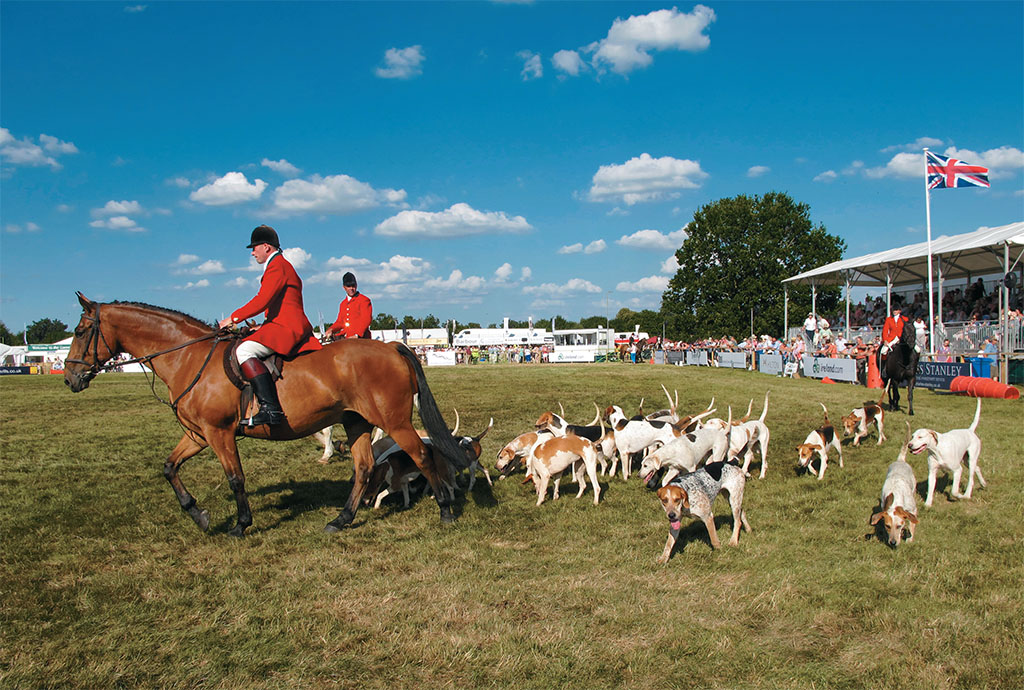
Shall I watch the parade of huntsmen and hounds, catch a ferreting master class, pick up tips on cooking game from a celebrity chef or just sit down with a drink and people-watch for a while? I’d scarcely arrived at the Game Fair and there were so many decisions!
Agricultural and county shows are a traditional part of the British summer, and the annual Game Fair of the Country Land & Business Association (CLA) offers a particularly juicy slice of rural life.
Alongside huntin’, shootin’ and fishin’ displays, you’ll find arts and centuries-old crafts, nature and renewable energy “zones.” Serious debates and innovative farm enterprises vie with children’s adventure attractions; heavy horses, gundogs and falcons demonstrate time-honored working partnerships with man. This and much more mirrors what makes the British countryside tick.
Each year the three-day show rotates location between various English stately piles. This July, it was at Ragley Hall, the ancestral Palladian home of the 9th Marquess of Hertford, eight miles west of Stratford-upon-Avon.
[caption id="GetLostattheGameFair_img1" align="aligncenter" width="319"]

It was a fabulous backdrop for mingling with the upper crust, gamekeepers and ghillies. Families on a day out and townies agog could learn about horse logging or peruse latest Barbour and boots fashions. The unusual summer heat wave made parasols and Panamas more must-have, while purveyors of ice cream, strawberries and anything cool and liquid were doing a roaring trade.
LET THE GAMES BEGIN
The CLA Game Fair 2014 takes place at Blenheim Palace, Oxfordshire, July 18-20. Keep an eye on the website www.gamefair.co.uk for information.
Tickets are pricey, but you get a full day’s entertainment (at Ragley: adults £25/£30 on the gate, £21/£26 in advance; discounts for seniors, students, families; under 10s free).
Getting to the Game Fair is slick (in my experience), thanks to massive coordination of traffic and signage. Car parking is free. There’s a special caravan and camping site, or book early at local B&Bs, guesthouses and hotels.
To think that in 2012 the CLA Game Fair, like many country events around the UK, was cancelled due to the wettest summer in 100 years! Loss of such shows—the lifeblood and shop window for thousands of small businesses—cost the rural economy more than £240 million (total cost to the countryside of the adverse weather was estimated in excess of £1 billion).
So I and another 129,000 visitors to Ragley, sweltering in the longest spell of hot weather for seven years, attempted to make up lost ground. Some £36 million usually changes hands on site, with an additional £44 million of sales around the show. It’s a vast affair, with the temporary “tented town” at Ragley covering 500 acres and featuring 900 exhibitors. You’re well advised to cough up for a map and handbook to help plan your day.
If you’re curious to the background of the CLA, head to the dazzling white information pavilions that make up the CLA Village (and peek into the exclusive Members’ Enclosure where no little wine quaffing and shoulder rubbing goes on). Founded in 1907, the CLA is the voice of rural landowners and businesses, promoting and defending their rights, providing advice and lobbying the Government on anything from provision of broadband in remote areas, to farming and planning issues.
Membership, circa 34,000, is broad: from landed gentry—like Lord Hertford, whose Ragley Estate encompasses hall, park and gardens, property, home farms and meats business, woodlands and sawmill—to small farmers, vineyard owners, wind turbine developers, tourism enterprises and individual craftsmen. Between them, they own or manage approximately half the rural land in England and Wales, which is quite some clout.
The first CLA Game Fair, conceived simply as a get-together for the shooting and landowning fraternity to chew the fat, took place in Suffolk in 1958, cost £800 to stage, featured fewer than 60 exhibitors and attracted 8,500 visitors. During one of many dives into Ragley’s press center for shade and re-hydration, I learned that today’s preparations were somewhat more complex: 10 miles of pipes were laid to pump 10,000 gallons of water an hour; 20 miles of cable laid and 40 generators, sufficient to power 1,600 family homes. Reassuringly, the site boasted 11 bars, three restaurants, six hospitality suites, four Pimm’s units, three champagne bars, 20 ice-cream vans and 60 mobile units to cater for the hungry hordes.
With so much to install, why move the show each year? “To keep it fresh and put it within travelling range of different people,” was the reply.
Shortly before I had set off to the Game Fair, a couple of those periodic “doom and gloom” reports came out. One warned that the traditional way of life in rural Britain could disappear within 20 years: Census data showed less than one percent of the working population in England and Wales is now involved in farming and fishing—a tenfold decline over the last century.
[caption id="GetLostattheGameFair_img2" align="alignleft" width="766"]
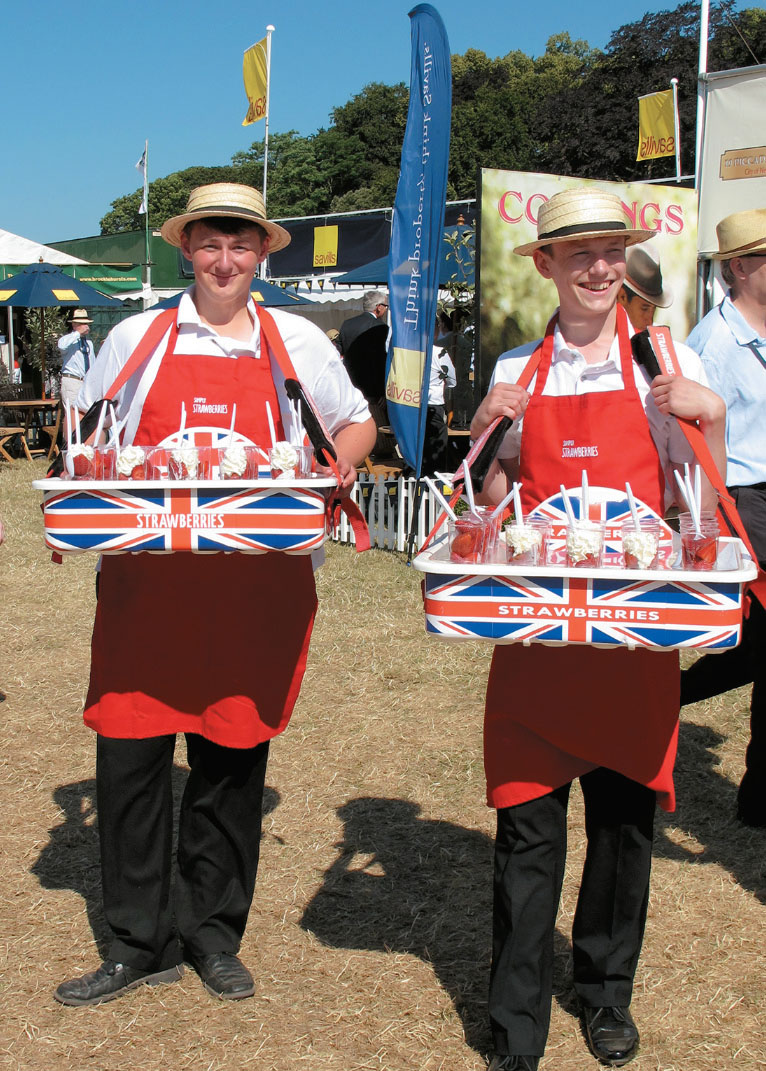
[caption id="GetLostattheGameFair_img3" align="aligncenter" width="765"]
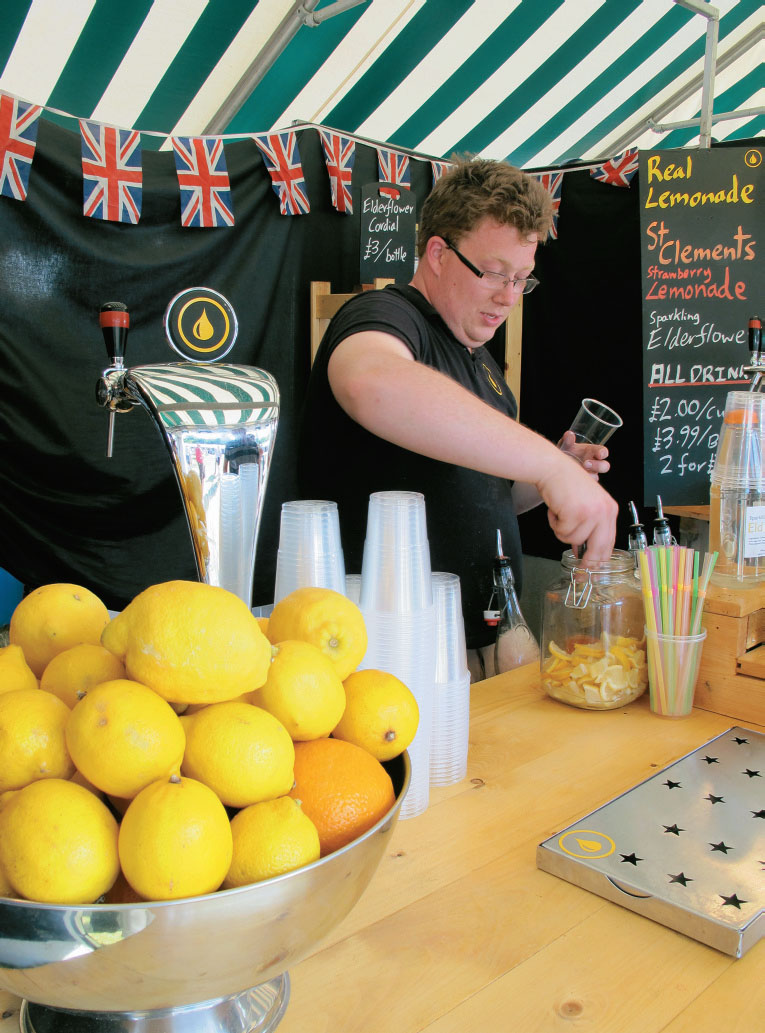
[caption id="GetLostattheGameFair_img4" align="alignright" width="766"]
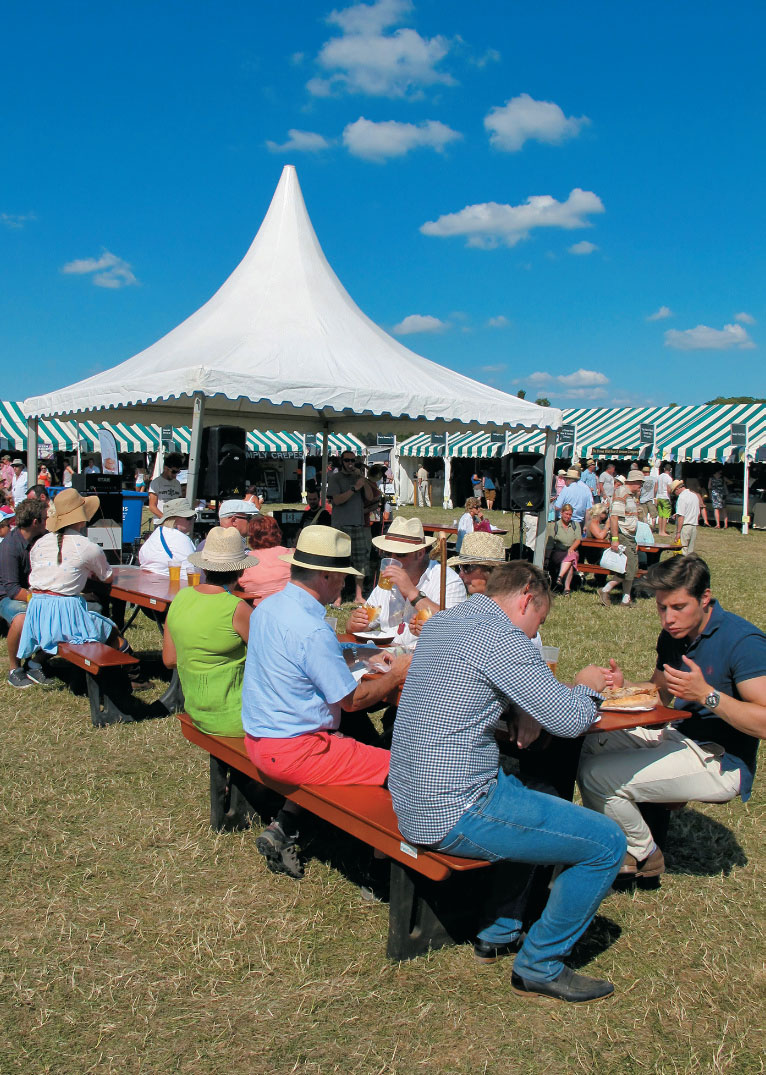
[caption id="GetLostattheGameFair_img5" align="alignleft" width="766"]
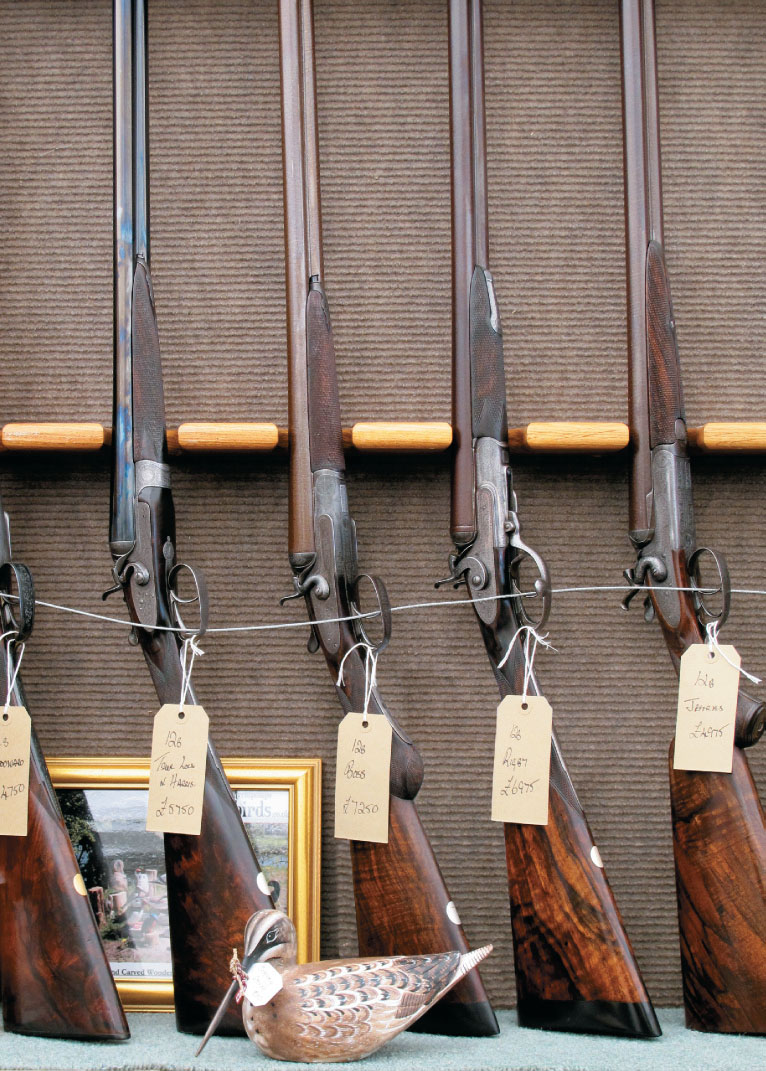
[caption id="GetLostattheGameFair_img6" align="alignright" width="766"]
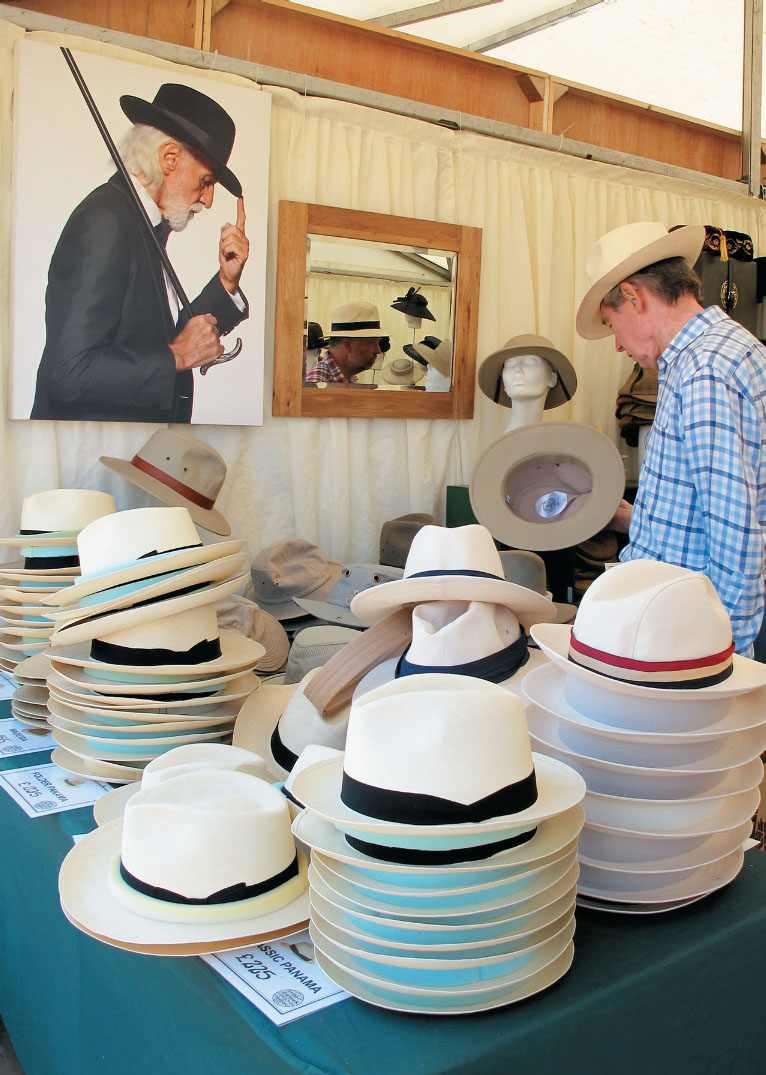
[caption id="GetLostattheGameFair_img7" align="alignleft" width="806"]
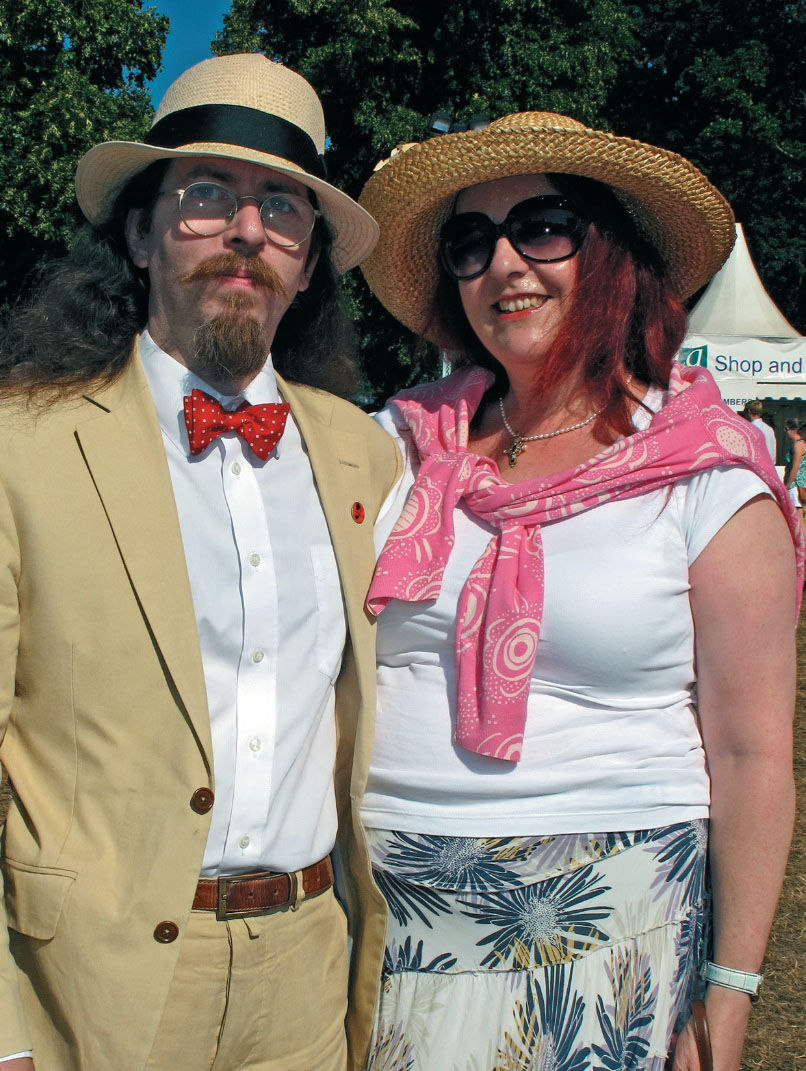
[caption id="GetLostattheGameFair_img8" align="aligncenter" width="806"]
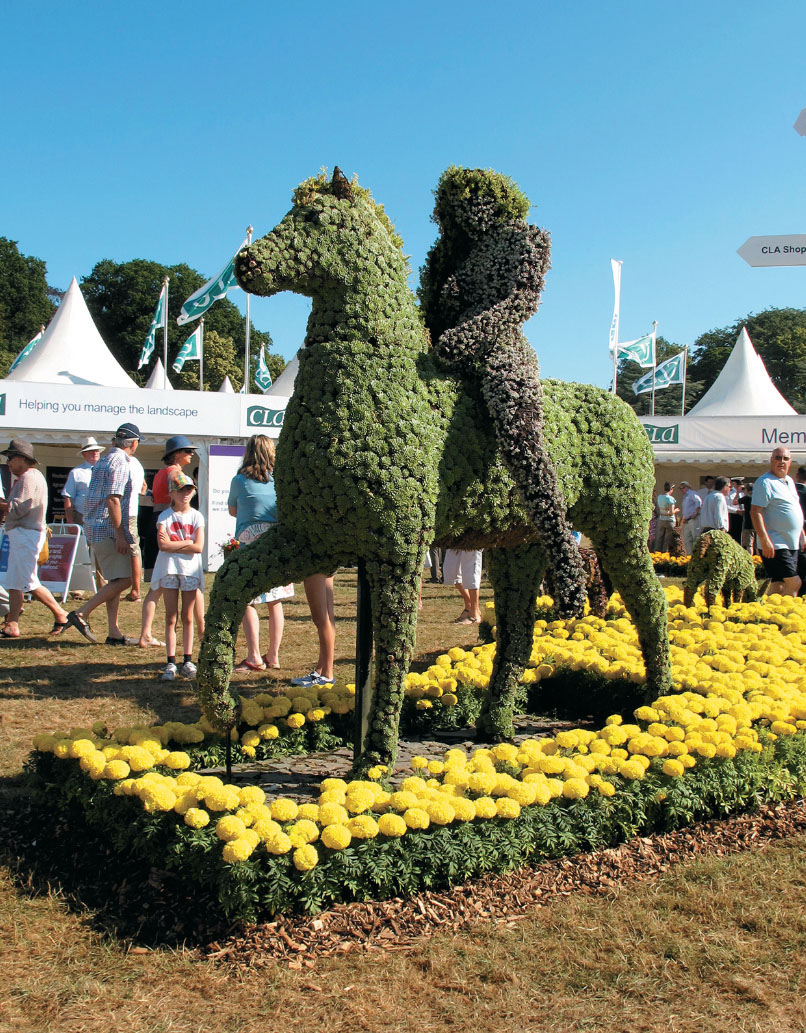
[caption id="GetLostattheGameFair_img9" align="alignright" width="806"]
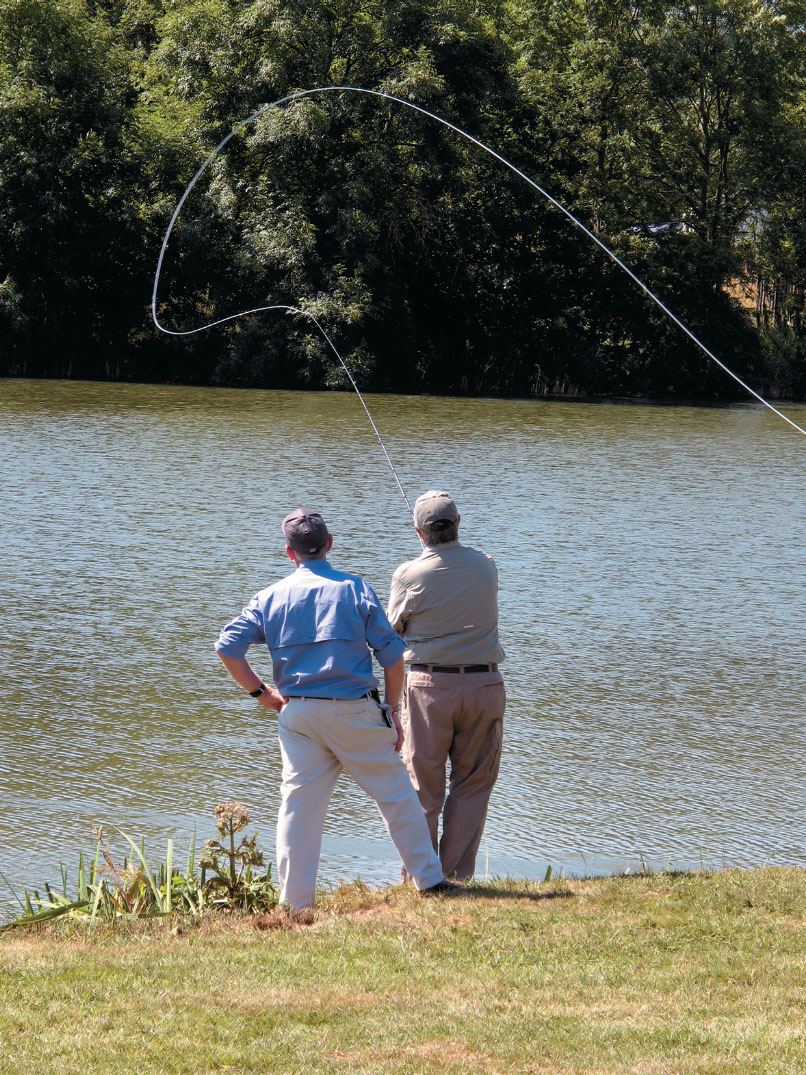
[caption id="GetLostattheGameFair_img10" align="aligncenter" width="1024"]
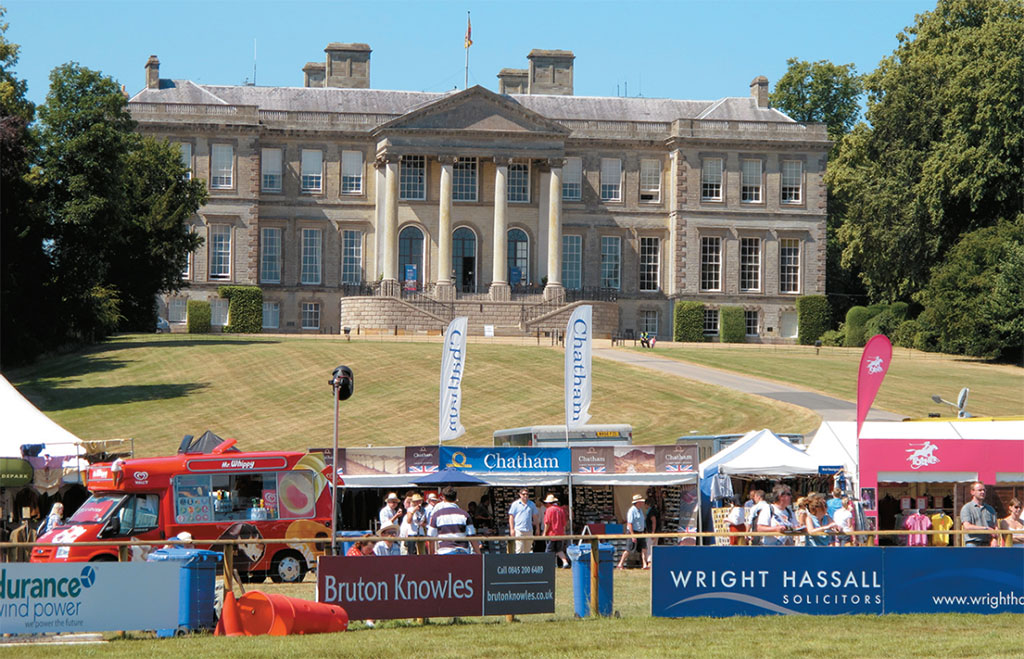
The second piece dragged up Britain’s “town versus country” schism: how urbane townies find their country bumpkin cousins with their muddy lanes, fox hunting and noisy cockerels de trop; while the one-in-five who dwell in the English countryside are fed up with such outmoded clichés, invasions by townie holidaymakers and ill-judged decisions about rural life made by bureaucrats who never stray from cities.
Of course, this meant I had to be in the Game Fair Theatre at Ragley for the CLA president’s debate, this year themed: “Is the countryside marginalized in party politics?” It was just one of the hot topics that attracted MPs and pundits of all persuasions to put their heads above the parapets as panellists over the course of three days. Too detailed to report here, discussions produced a show of hands among the audience in overwhelming agreement with the proposition and expressing frustration with London-centric politicking (what else would you expect from a big tent in a field?).
For the general visitor, what was going on outside the theater was far more entertaining. Originally focused on shooting, the fair has evolved to reflect a much broader, changing countryside. The showground was divided into areas: ranging from fishing and gunmakers (where all the prestigious names had stands) to dogs, fieldsports, horses, arts and sculpture, renewable energy British Food. Events and competitions were timetabled, and there were limitless opportunities to “have a go” at anything from archery to Fish for a Fortune—sadly, I didn’t hook the £10,000 prize.
The best tip is to keep an eye on the Main Arena because throughout the day it hosts eclectic “taster” displays, drawn from different areas. Visitors who felt flush splashed out on VIP seating and luxury hospitality in the Rolls-Royce Country Club overlooking the arena, while the rest of us settled in the general stand or leaned on the railings. If Lord Hertford had his binoculars, he could probably have watched from Ragley Hall, which shimmered like an oasis in the green background.
The must-see for many was the iconic parade of hounds featuring the local Croome & West Warwickshire foxhounds. Ragley hosts a number of important meets each season. The hounds were joined by the Ross Harriers, with whom the radical writer William Cobbett took one of his famous Rural Rides in 1882, and the Four Shires Bassets on foot.
I hung around for the heavy horse obstacle driving competition (a thunderous performance), and a sheepdog demonstration (herding ducks and geese, how versatile is that?), as well as a display of free-flying birds of prey.
Down at the lake, I found fishing aficionados giving tips on casting, though many spectators, sprawled on the sun-parched grass, seemed more intent on catching 40 winks than fish. One fisherman enthused, “Look along the avenues with all the flags waving, and people turning up to compete in top shooting and fishing competitions: You could be transported back to medieval times; it’s like a joust or pageant.”
Across the lake, gundogs were being put through their paces, but I preferred to explore the Renewables Zone and chat about the potential for wind turbines in the countryside. In truth, it was on the way to the British Food Fair, where seriously delicious grub such as hand-crafted cheeses and fruit liqueurs was on offer. Alcester Court Leet was there to test the goodies were up to standard, a duty of assize performed on local victuallers since at least 1272, High Bailiff John Mills told me. It seemed fair reward as they glowed in the heat of their thick red robes.
At the end of the day, a finale in the Main Arena brought together an array of working dogs and horses: breeds that, so the commentator intoned, could die out if their way of life vanishes or is not given new direction. He wasn’t referring only to the oh-so-divisive Hunting Act 2004, officially banning the hunting of wild mammals with dogs in England and Wales, but also the whole spectrum of animal activity displaced by agricultural progress or under threat from periodic lobbying against fieldsports, shooting and fishing.
How farming and fishing’s one percent will prevail, adapt and prosper, and rural customs survive, time will tell. In the half-dozen years I’ve attended, the picture at the CLA Game Fair at least is vibrant, showing the countryside at work and play with a dizzying mix of tradition and innovation. Dress up in frocks and flannels, or trot along in your shorts and Ts. As Lord Hertford said in welcoming visitors to Ragley Estate, “The CLA Game Fair enables the rural way of life to be experienced at all levels.”
[caption id="GetLostattheGameFair_img11" align="aligncenter" width="1024"]
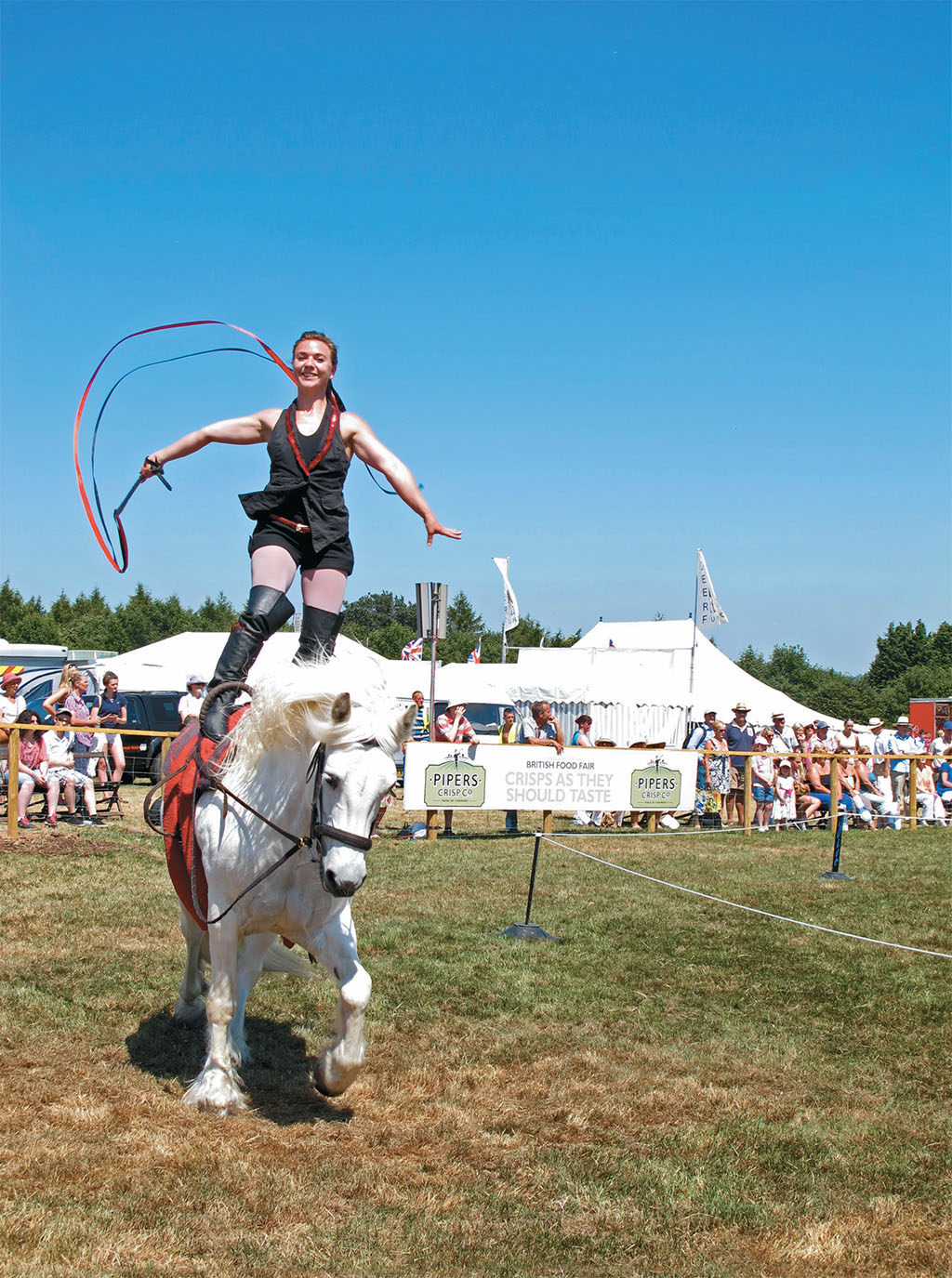





Comments